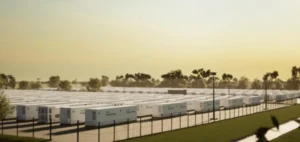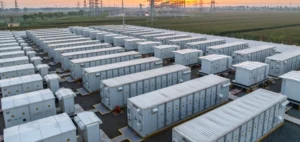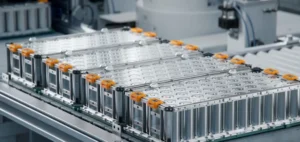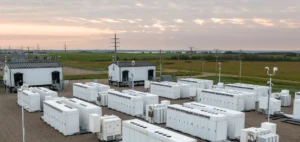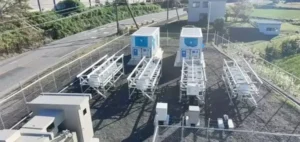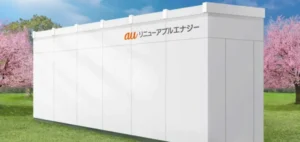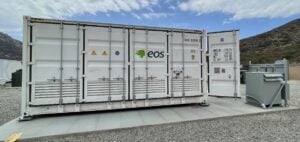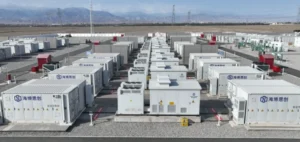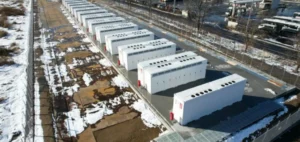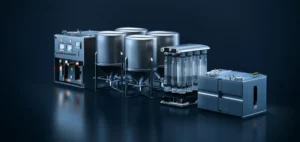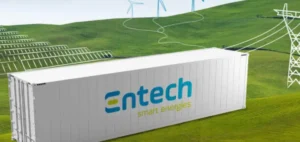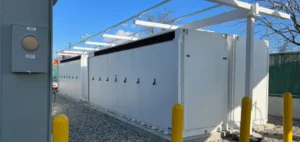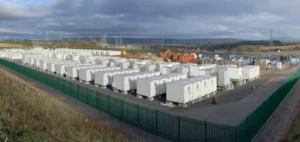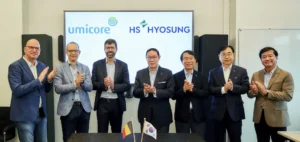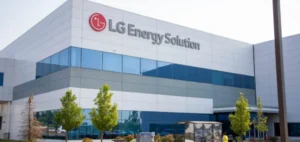Grid connection requests for battery energy storage systems in Germany have surpassed 500 GW, according to the latest data from the Regelleistung-Online platform. This figure reflects a growing accumulation of project intentions, driven not by a wave of mature investments but by an early-application logic encouraged by the current approval system.
A marked imbalance between operators
Among the country’s four transmission system operators (TSOs), the areas covered by 50 Hertz and Amprion account for the bulk of requests, with 103 GW and 86 GW respectively. Tennet follows with 52 GW, while Transnet BW lags far behind at 18 GW. These 259 GW recorded by TSOs are joined by 211.5 GW logged by three distribution system operators (DSOs): Edis, Westnetz and Mitnetz. The total now exceeds 470.5 GW for these entities alone, while Germany counts around 800 DSOs in total.
An approval system criticised by stakeholders
The Regelleistung-Online platform attributes this accumulation to a system based on the “first come, first served” principle, without rigorous preliminary evaluation or selection criteria aligned with project maturity. Project developers and grid operators argue that this approach increases legal uncertainty and overloads technical assessment capacities.
“The more than 500 GW of requests do not reflect a genuine market ramp-up but the shortcomings of a poorly calibrated approval system,” the platform stated. It recommends the implementation of a centralised and digitalised process with reservation fees, set deadlines, and tariff incentives for grid-friendly operation.
Structural reforms still absent
So far, no significant regulatory reform is planned. Some grid operators, such as 50 Hertz, are attempting to assess the feasibility of projects themselves to filter out non-viable proposals. Waiting lists and sorting criteria such as technical maturity or system benefit are being considered to streamline the processing of requests.
Regelleistung-Online has also suggested introducing retroactive reservation fees and favouring projects through capacity auctions based on relevance criteria. Such changes would help relieve the system while refocusing industrial efforts on initiatives ready to move into the operational phase.



